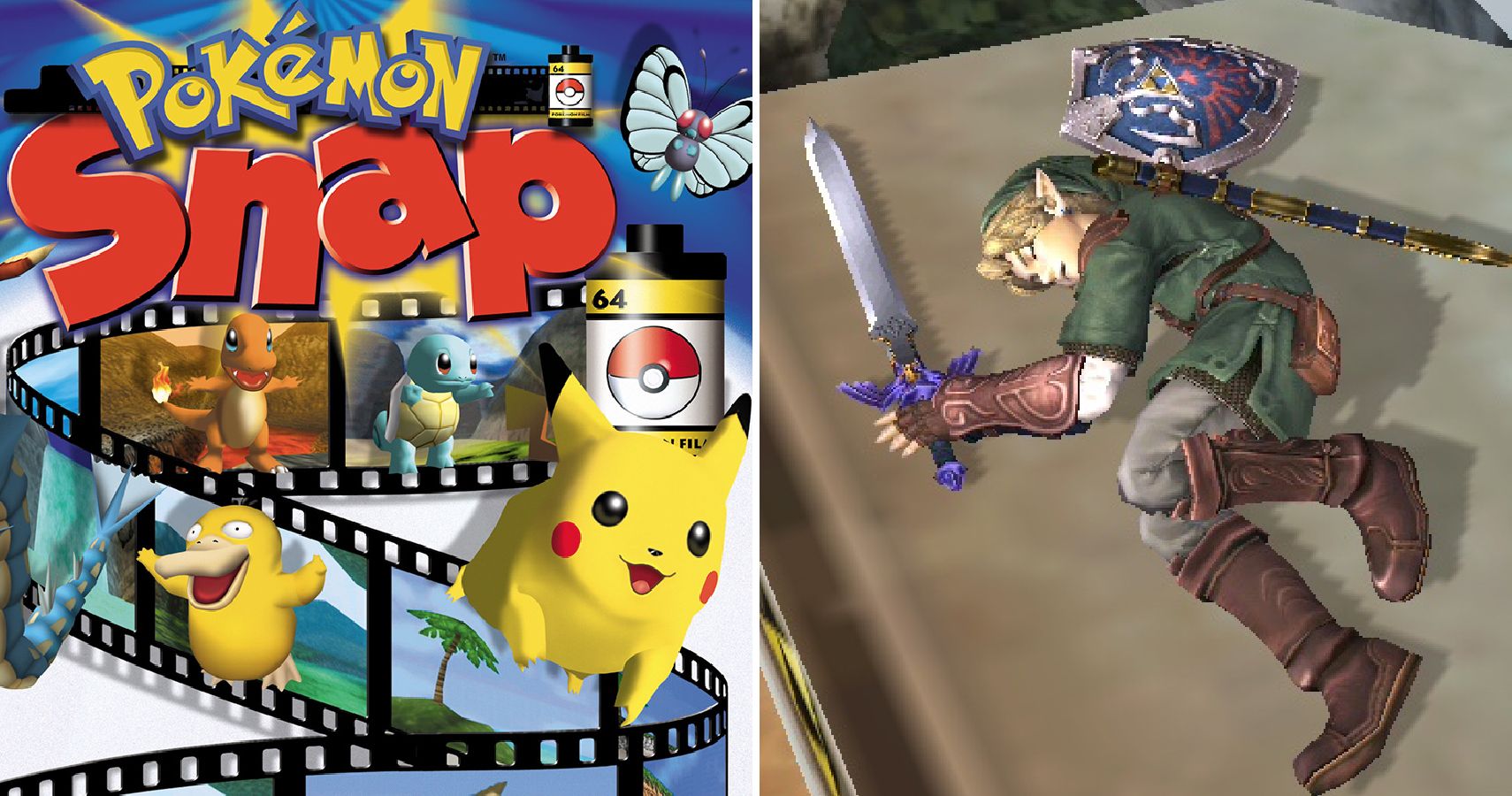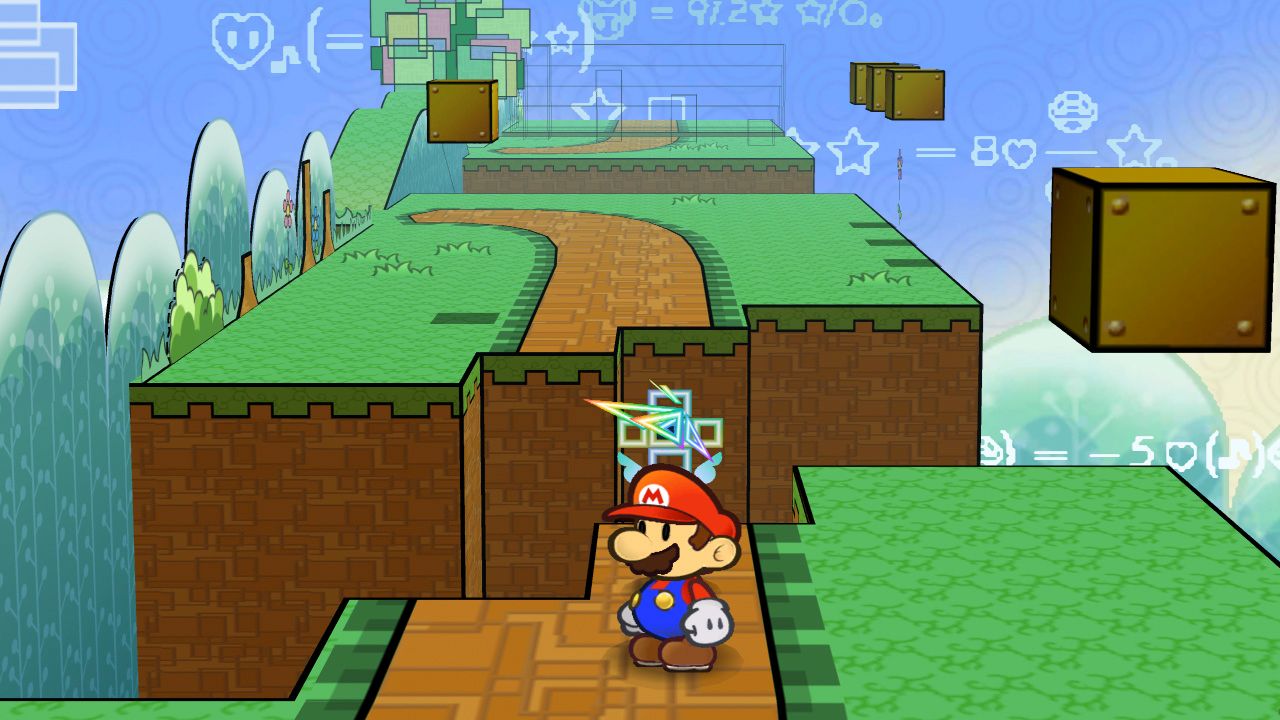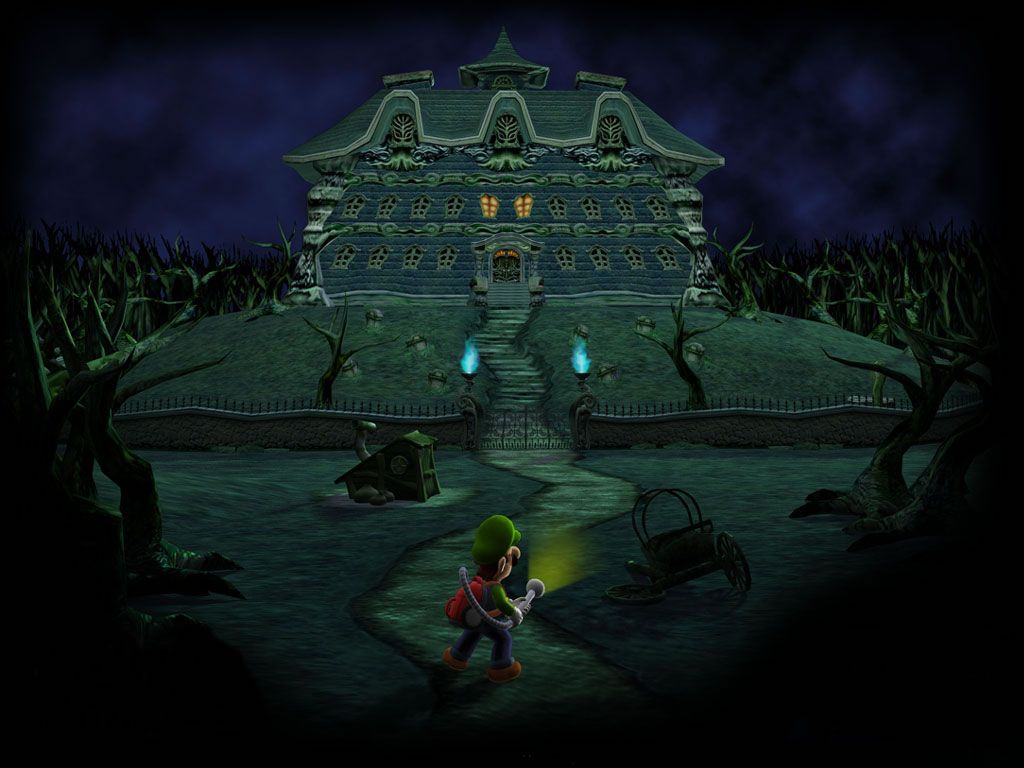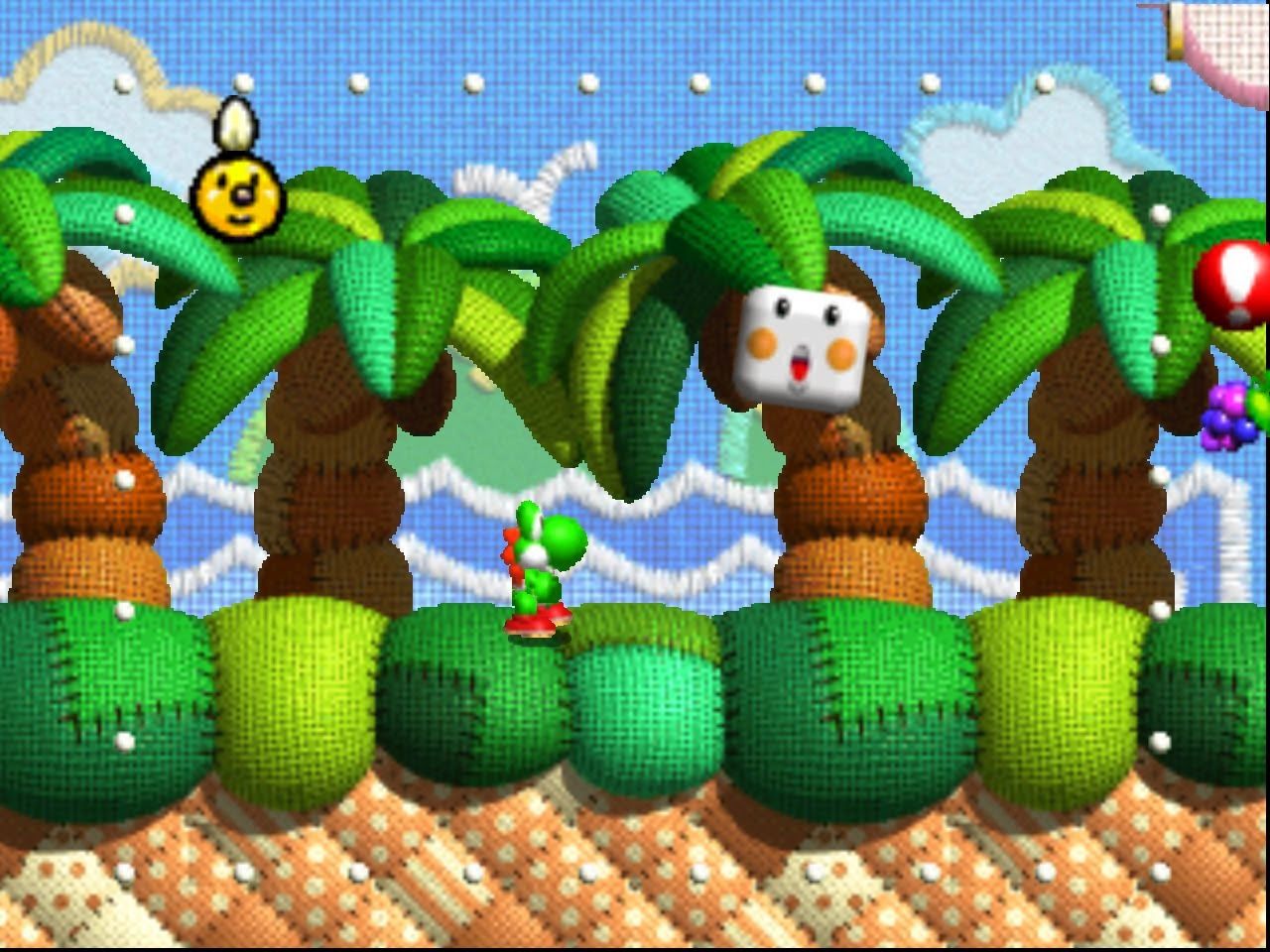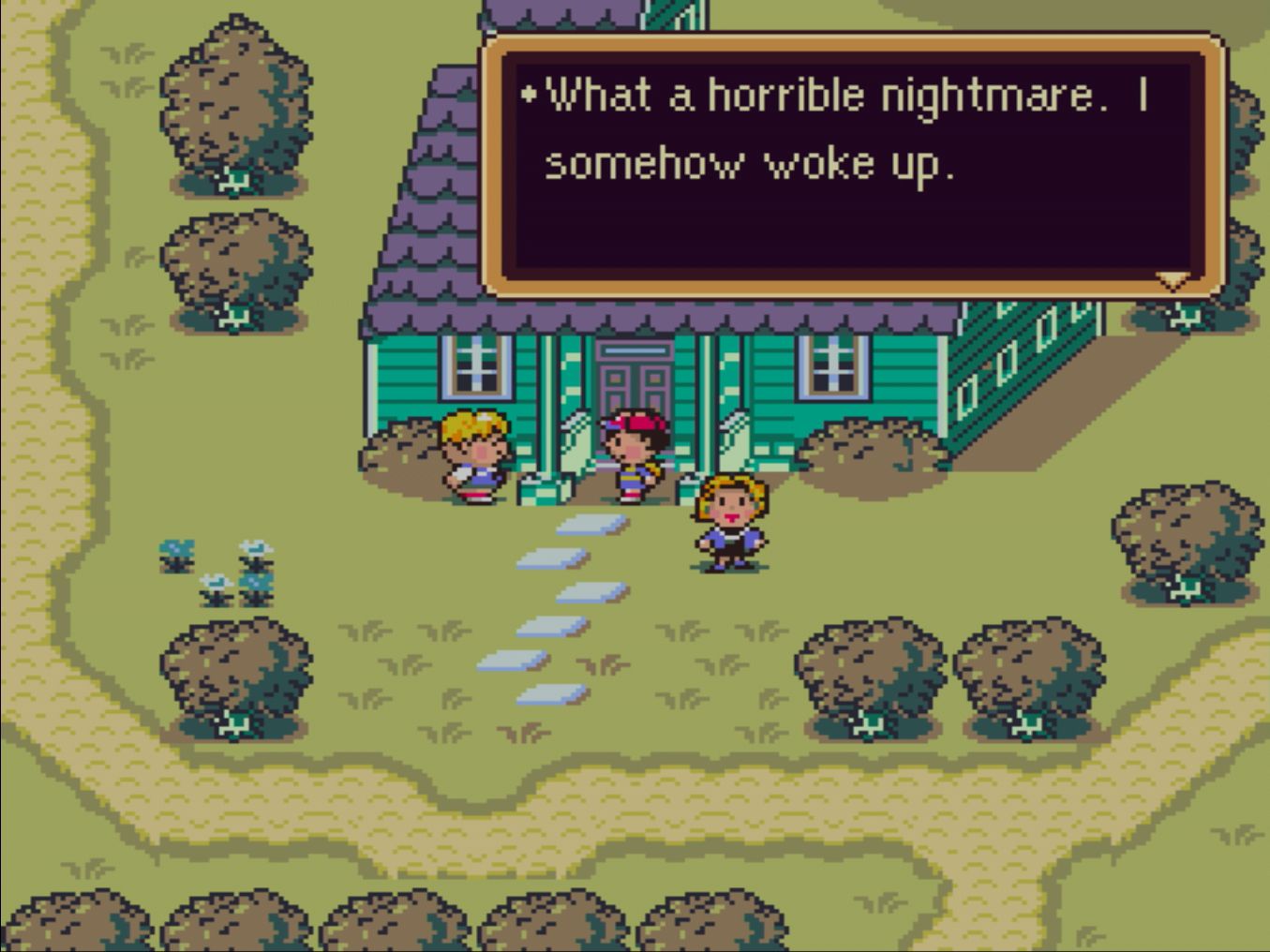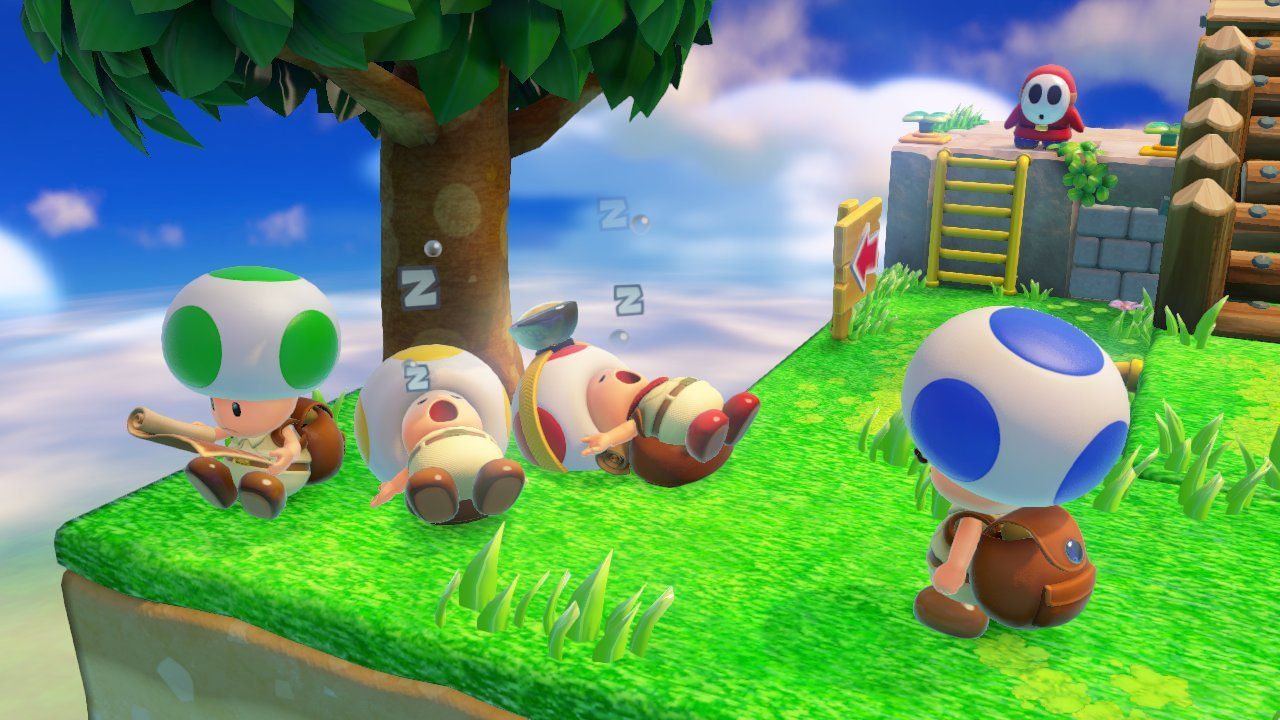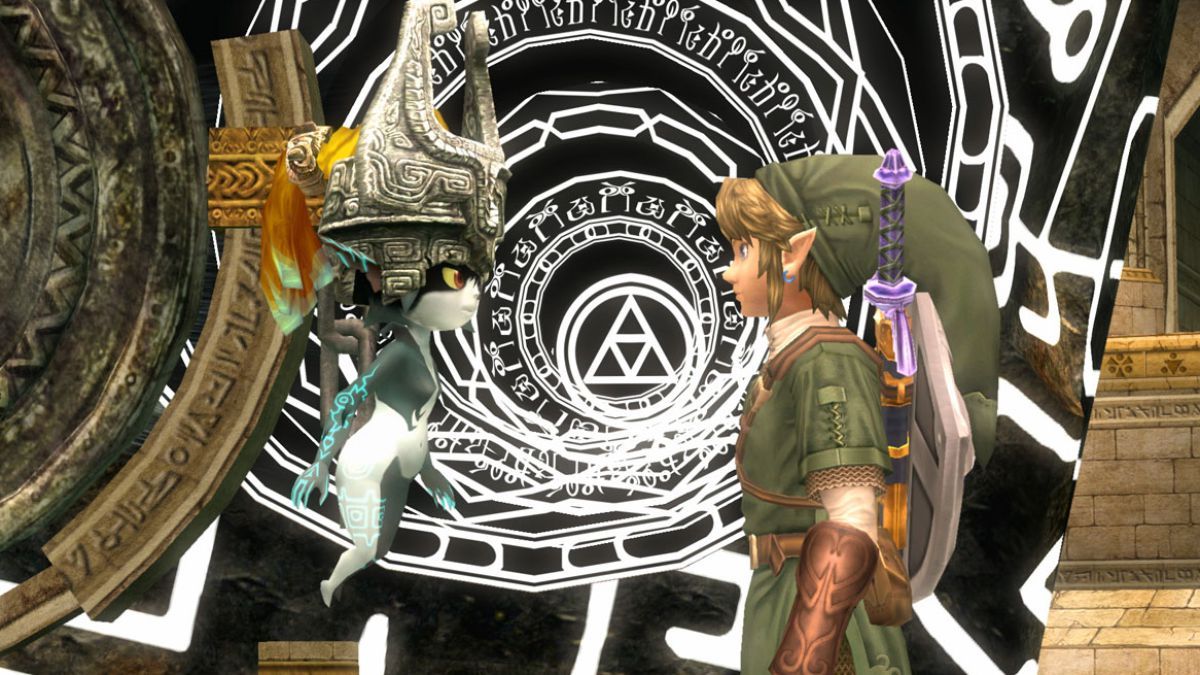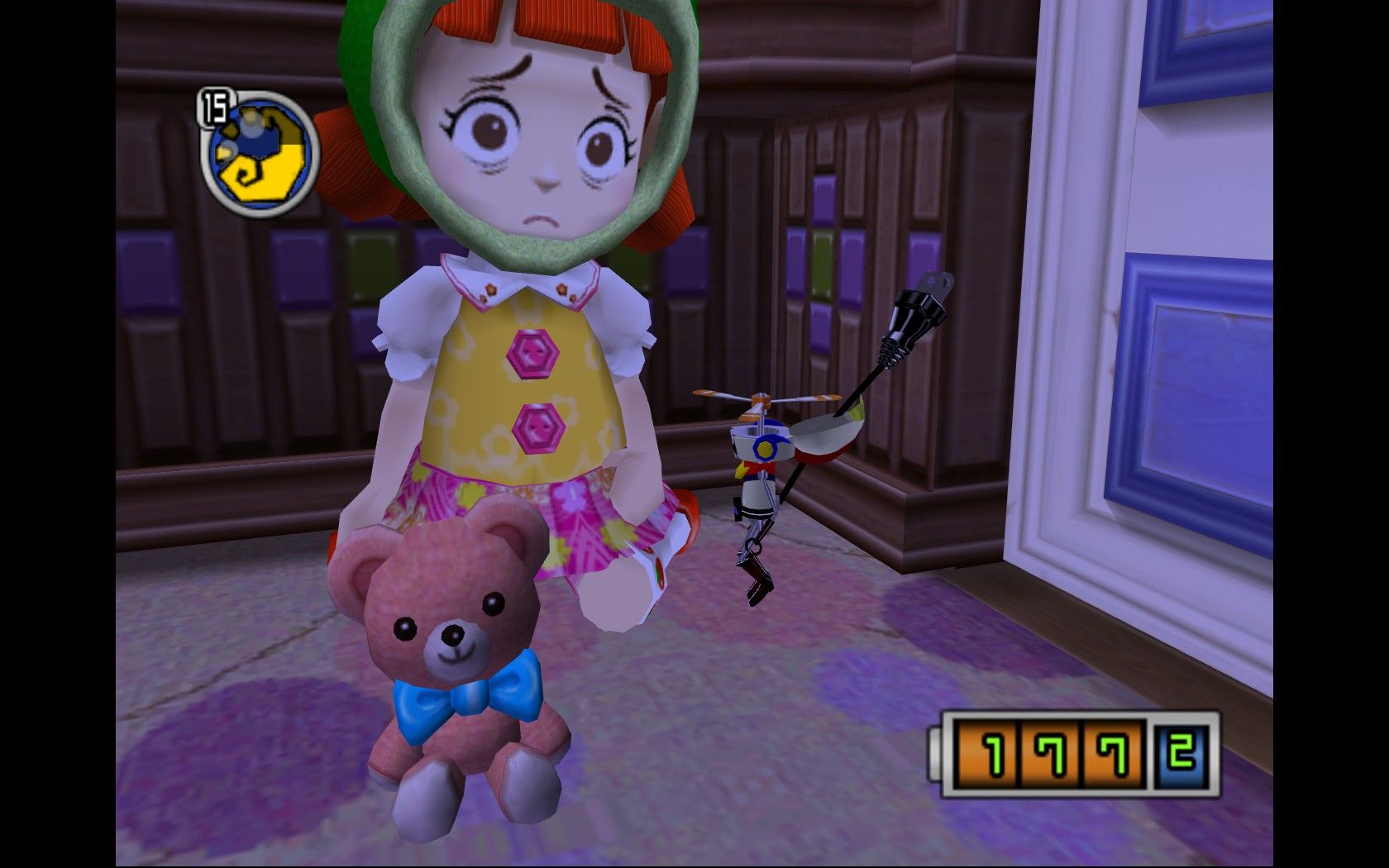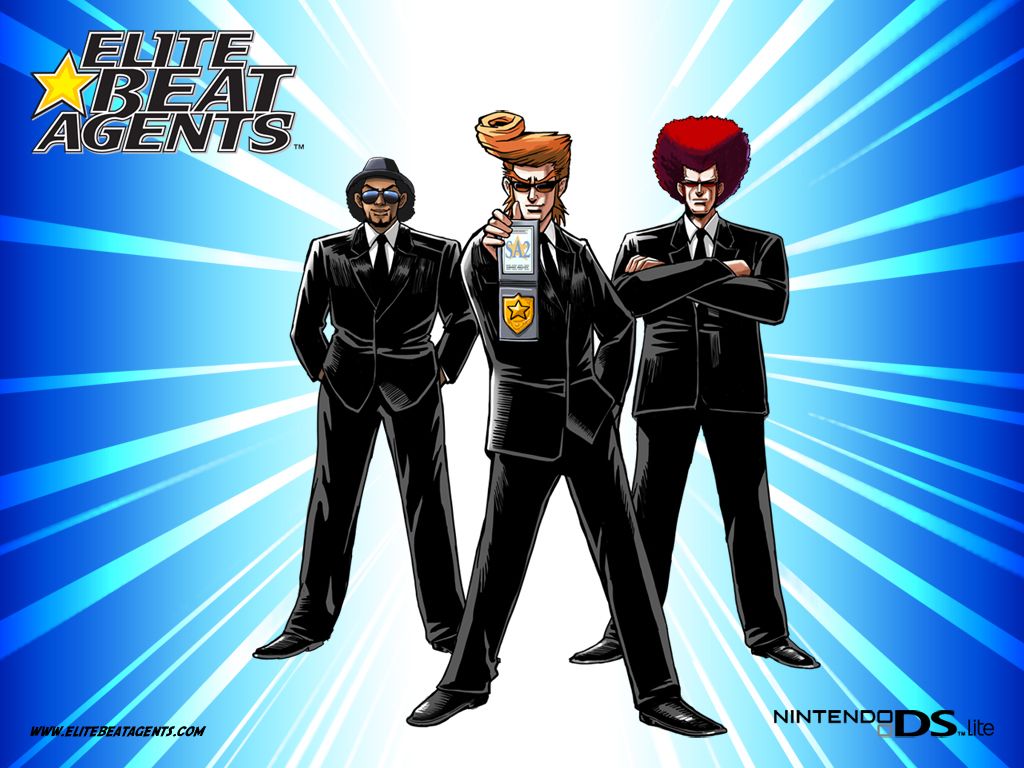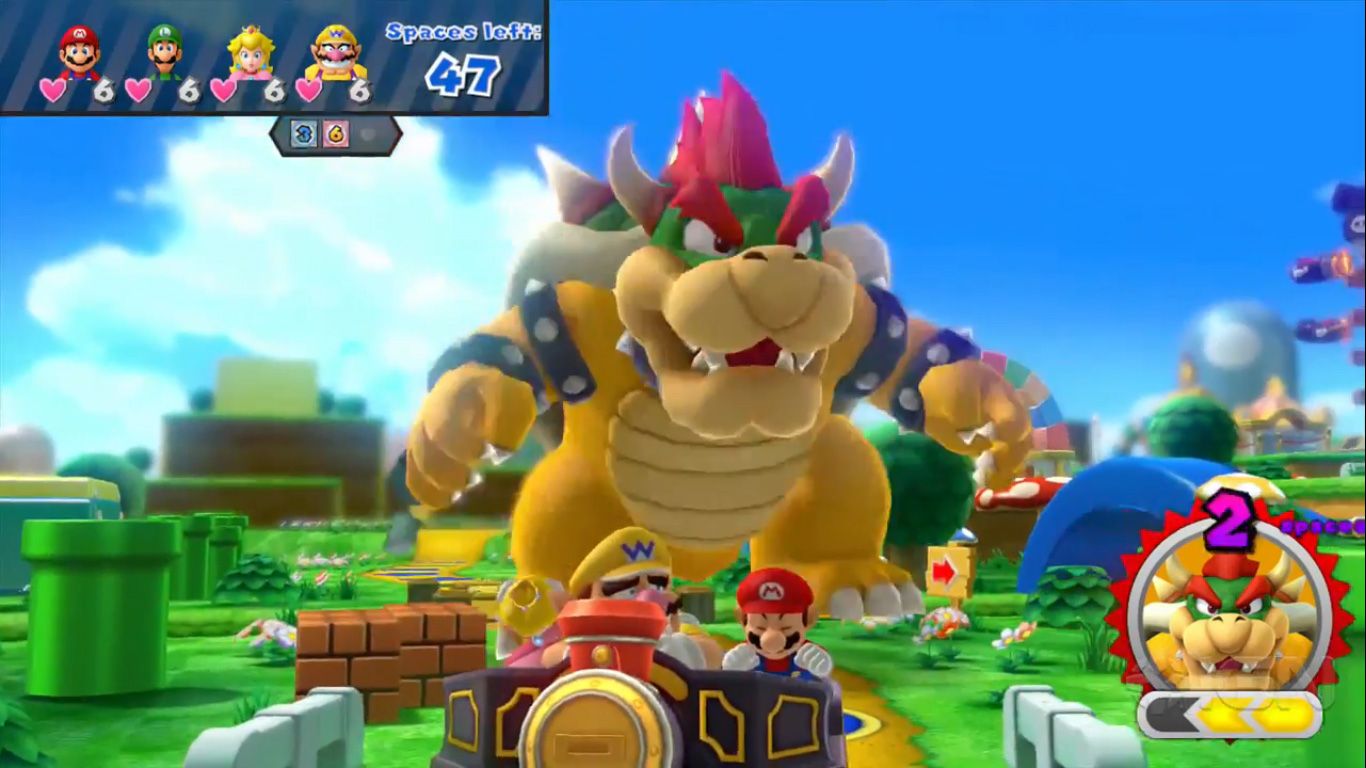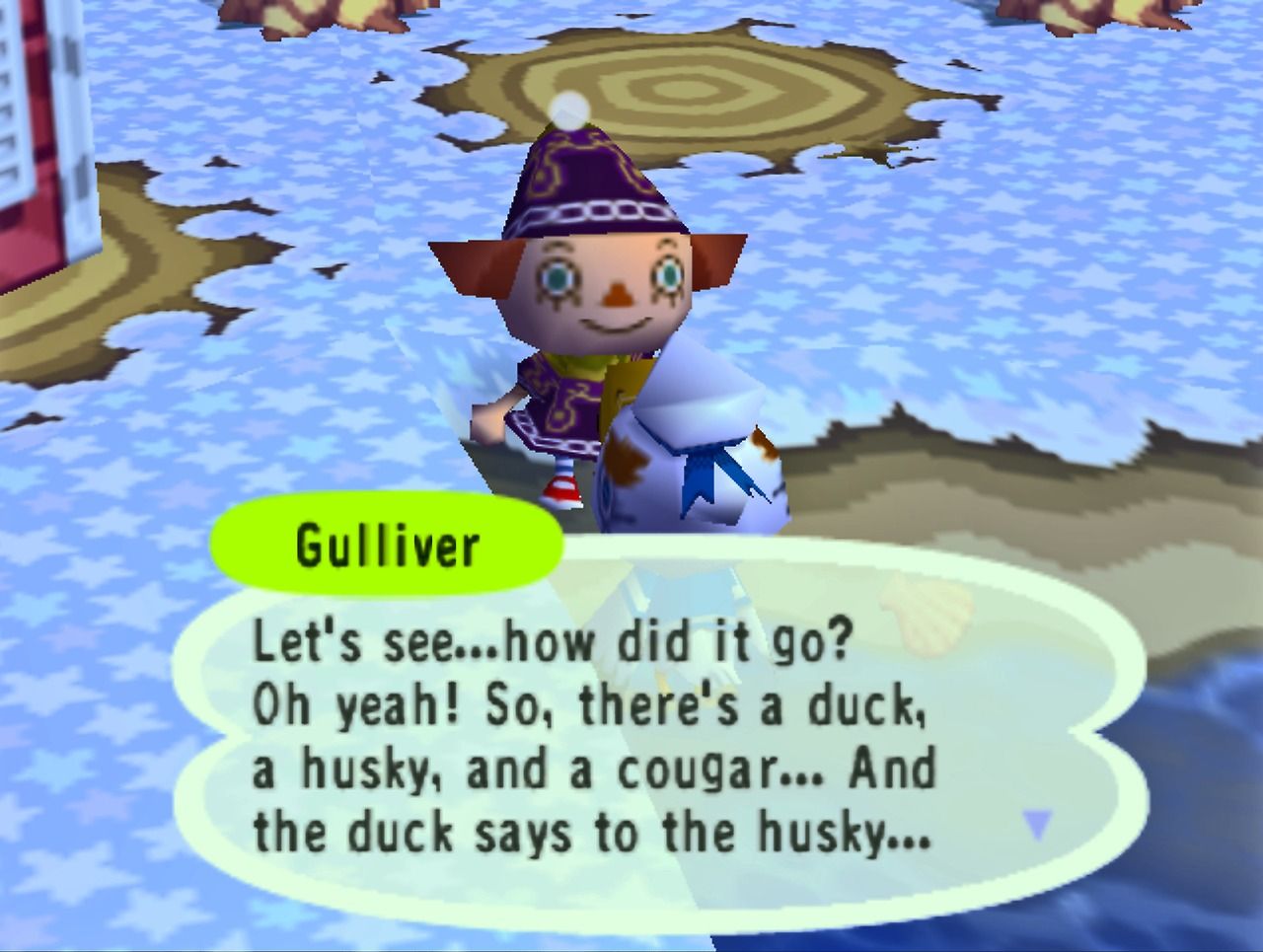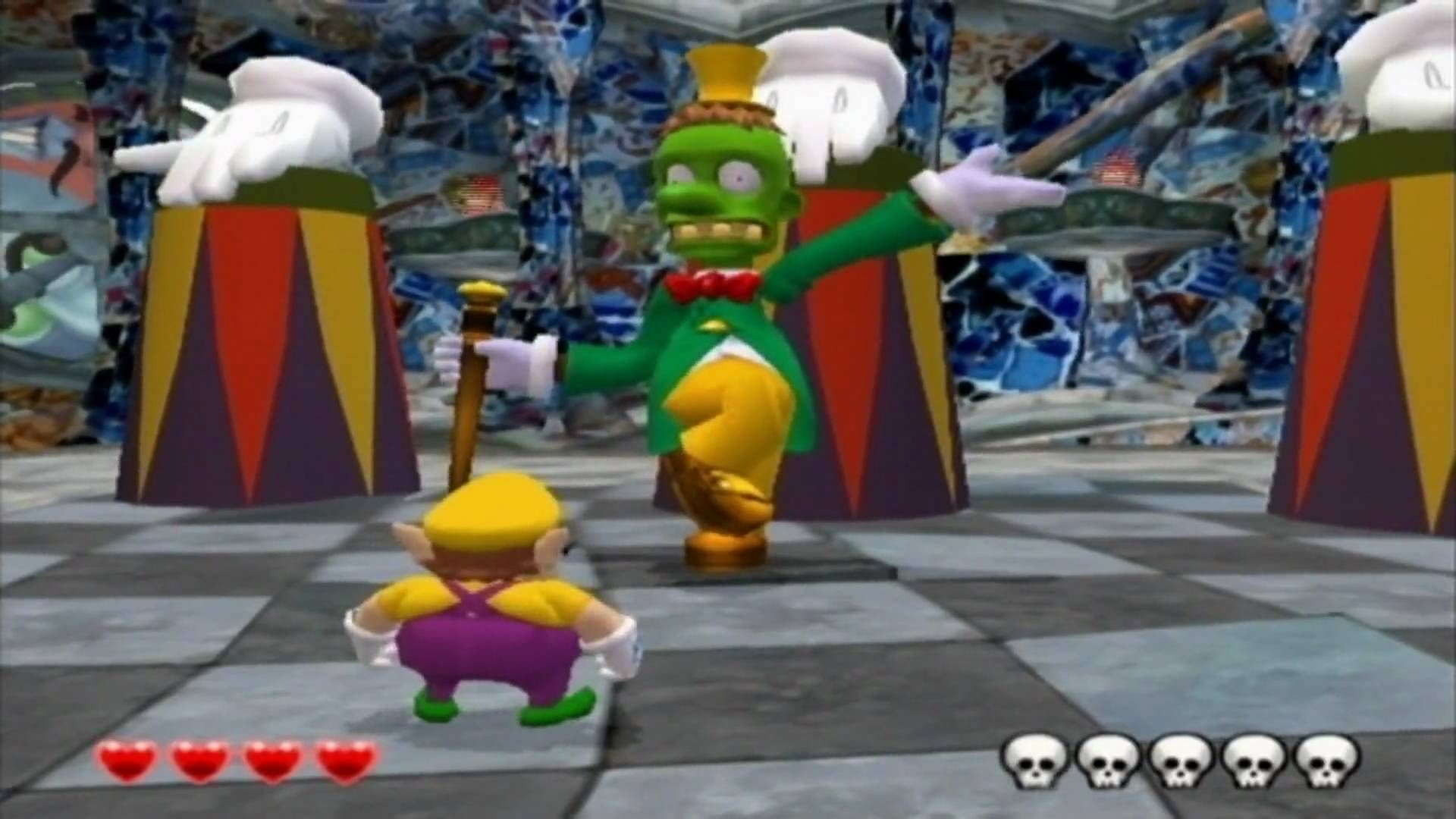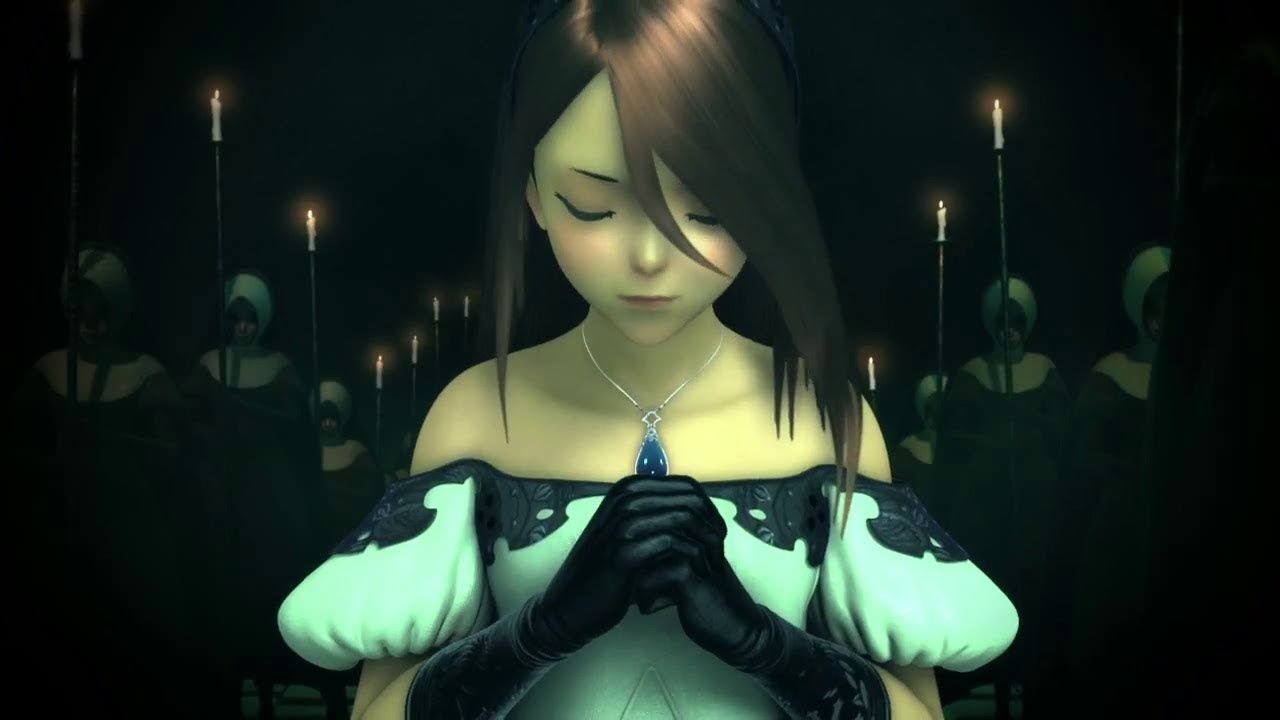You'd be hard-pressed to find anyone who likes video games but has never enjoyed a Nintendo game. The company has been providing players with memorable and innovative gaming experiences since they created the original Donkey Kong arcade game back in 1981, whether it's their phenomenal success with the NES and Mario Bros. or their modern resurgence with the Nintendo Switch and The Legend of Zelda: Breath of the Wild. But despite their enviable track record and many contributions to gaming history, Nintendo doesn't get it right all the time. Sometimes their systems miss the mark, like the way-ahead-of-its-time Virtual Boy or the quirky, badly-named Wii U. Sometimes, they just don’t manage to get developers on their side, leading to systems like the Gamecube that have great first-party games but few third-party titles to back them up. And sometimes, Nintendo itself simply can’t deliver a well-rounded game.
Despite their reputation for high-quality games, not even Nintendo can hit the mark every single time. There are a million reasons why players might not be satisfied with a game, but one big one is pacing – even a great game can wear out its welcome if it goes on too long without adding in variety, while a game that’s too short can feel like a waste of time and money. You’d think that Nintendo, with their decades of experience in the games industry, would know how to pace a game properly, right? Wrong. Here are the eight Nintendo games that are way too long – and seven that aren’t long enough.
15 Too Long: Super Paper Mario
The Paper Mario series, which began as a spiritual successor to the SNES’ Super Mario RPG: Legend of the Seven Stars, was once known for its in-depth storytelling; entries in the series were long, but they justified their length. Games like the original Paper Mario and its sequel, The Thousand-Year Door, were RPGs in the classic sense, supporting their slower pace with detailed worldbuilding and accomplished characterization. That changed with the Wii’s Super Paper Mario, where the series pivoted towards platforming gameplay without fully adapting the game’s length to fit. Super Paper Mario has a cool 2D/3D-switching gimmick that allowed designers to cleverly hide secrets and alternate paths within each level, but there are a few too many of those levels to hold interest.
14 Too Short: Luigi’s Mansion
The Nintendo 64 launched with a defining Mario platformer, but for their next home console, Nintendo decided to throw players a curveball. Luigi’s Mansion was a Gamecube launch title that did something admirably new for the Mario franchise by letting Luigi take center stage in a radically different kind of setting, with new gameplay mechanics and characters. There’s a lot to like about Luigi’s Mansion, from its silly-spooky atmosphere to the cowardly charisma of its star character. Sadly, despite the fun it provides, the game itself is less than 10 hours long. It takes place in a single location and, once you get used to its mechanics and rhythm, it doesn’t put up much of a challenge.
13 Too Long: Star Fox Adventures
Star Fox Adventures is the most maligned entry in the storied Star Fox series, but I rather like this game. Even though many of the series’ ongoing identity problems started with this installment, it’s still very pretty to look at over a decade later, and its Zelda-lite mechanics and structure are pretty solid. If the game hadn’t been retooled late in development to include the established Star Fox characters, it might even have been a classic. But the game we got is a little bloated. While it has lovely environments and fun puzzle-solving, it’s also one long fetch quest with some annoying quick-time elements and an irritating sidekick to boot. If it were 5 hours shorter, it would be a much better game.
12 Too Short: Yoshi’s Story
While the Nintendo 64 is beloved today for its innovative controller and pioneering games, it didn’t garner much support among 3rd-party developers, forcing Nintendo to release games that weren’t always perfect. Yoshi’s Story was one such sad case. This N64 sequel to the SNES classic Yoshi’s Island contributed some great music and a gorgeous graphical style to the platform, incorporating a craft-influenced aesthetic long before games like Kirby’s Epic Yarn would earn acclaim for doing something similar. But Yoshi’s Story is also unforgivably short, with few levels and a very low difficulty level. If you can beat a game over a long weekend rental, that’s a good sign it needs a little more meat on its bones.
11 Too Long: Earthbound
Earthbound has a contingent of hardcore fans who are probably going to roast me for this entry, but I don’t care because I’m right. This cult classic RPG is a great game – it has a uniquely emotional story, great graphics, a killer soundtrack, and a fun battle system with several unique quirks. It’s inspired a lot of the modern gaming landscape, and you can trace modern hits like Undertale directly to Earthbound’s influence. But, all that said, the game’s pacing could have used some fine-tuning. It’s an extremely challenging game that requires hours and hours of grinding to push through the harder bosses and dungeons. The demands it places on the player artificially inflate its length and suck out a lot of the fun.
10 Too Short: Captain Toad: Treasure Tracker
This Wii U game is spun off from Super Mario 3D World, expanding that game’s Captain Toad bonus levels into a full game. Treasure Tracker is a 3D puzzle-platformer that challenges players to find their way through multilayered levels. The twist is that, due to his small stature and heavy equipment, Captain Toad can’t jump. This central gimmick makes collecting gems and coins while avoiding enemies a weirdly Zen-like experience, enhanced by some of Nintendo’s most delightfully clever level designs. It’s beautiful, charming, and a lot of fun to play; unfortunately, you can also finish it in one long afternoon. You can go back through and play old levels to complete extra challenges and improve your score, but that’s no substitute for a meatier, longer gaming experience.
9 Too Long: The Legend of Zelda: Twilight Princess
Most modern Zelda games suffer from bloat – who else remembers Wind Waker’s momentum-killing Triforce quest? – but Twilight Princess has it worse than any other entry. The game has earned plenty of devotees for its challenging dungeons, oddball characters, and diverse array of items, but the Hyrule of Twilight Princess is big for the sake of being big. Unlike the seamless overworlds of Wind Waker or Ocarina of Time, this iteration of Hyrule Field is split into discrete sections without much of interest outside towns and dungeons. Even worse, the game takes an unforgivably long time to start moving at the beginning, with over an hour of tutorials and plot setup separating players from the first dungeon. Twilight Princess aims to be a Lord of the Rings-style epic but ends up feeling undercooked.
8 Too Short: Splatoon
Splatoon is an amazing game. It’s Nintendo’s best new IP in at least a decade and one of my favorite games ever made, and I’ve had hours and hours of fun painting turf and splatting fools in the online multiplayer modes. This is why it pains me to say that it falls short in its single player story mode, which barely offers 3-4 hours of fun before it’s over. It stings harder because it’s a delightful experience while it lasts, with cleverly-designed levels getting the most out of Splatoon’s paintball-crossed-with-Mario gameplay mechanics. You can add in another hour to go back and collect all the hidden items, but you have what is still far too limited. It seems like Nintendo’s planning a meatier single-player experience for the upcoming Splatoon 2. Let’s hope so.
7 Too Long: Chibi-Robo
Chibi-Robo is one of those quirky Gamecube games that never found a large audience, despite being kind of amazing (and spawning a small franchise, but none of its handheld sequels lived up to the first installment). You play as a tiny robot platforming through one family’s suburban house, cleaning up trash and interacting with its various messed-up inhabitants. Chibi-Robo was originally planned as a point-and-click adventure game, and its slow pace makes that genesis painfully clear: just moving from room to room takes ages, and the added combat elements aren’t fun at all, artificially extending the game’s length. The game as a whole is charming and well-written enough that it doesn’t matter too much, but if the fat were trimmed just a little bit the game would reach the next level.
6 Too Short: Elite Beat Agents
The DS was secretly one of Nintendo’s most experimental platforms, with a deep library of silly and innovative games. One of those titles was Elite Beat Agents, a goofy rhythm game that worked like a cross between PaRappa the Rapper and Dance Dance Revolution. It’s a lot of fun to play but, with less than 20 stages in total, it doesn’t offer much for a dedicated player to dive into – and the song selection is extremely uneven. For dedicated gamers, playing at higher difficulty levels extends the game’s length just a little bit, but there’s not much to go back to after those are done. Perhaps it was just a victim of its mid-2000s release. Some DLC packs with new songs would have worked wonders for Elite Beat Agents.
5 Too Long: Mario Party
Mario Party is eternally popular, with over a dozen entries in the series including its handheld spinoffs. Since each game is designed to work by itself, like a board game, its inclusion on this list may seem a little strange. But have you ever tried to play a game of Mario Party in less than an hour? Did it work? I didn’t think so. A single game of Mario Party takes ages to play, as character animations and random board events add so much time to what should be a compact experience. Its stretched-out pace tends to suck all the fun out of it. The minigames, which are the real centerpiece of Mario Party, are fun enough to play, but the game is only designed for long sessions and gets boring long before all the players cross the finish line.
4 Too Short: Pokémon Snap
Pokémon Snap is a really fun, quirky game. Continuing the tradition of console Pokémon spinoffs doing something radically different from the handheld games, the N64’s Snap emphasizes the zoological aspects of the franchise, in which players photograph creatures in the wild. Exploration is limited to on-rails courses, but players can interact with wild Pokémon by throwing items to trigger special moves or alternate paths. This design has a downside, however, making the game extremely linear and very short. There are only seven levels, and though the game requires you to go back and re-do earlier courses to unlock new ones, it doesn’t fix the issue. Despite the fun central mechanics and the novelty of seeing Pokémon in their ‘natural’ habitat, there’s just not a lot of game in Pokémon Snap.
3 Too Long: Animal Crossing
Animal Crossing is a classic game that I have a lot of affection for. Its open-ended nature promises endless fun, and it has a weird, specific atmosphere that other entries in the series still haven’t topped. But there really isn’t a lot to do. While later games like Animal Crossing: New Leaf broaden the gameplay loop by adding more shops, the ability to really change your town by placing new landmarks, and the ability to set ordinances to change villagers’ behaviors, the first game only really lets you talk to villagers and do tasks for them. Sure, you can fish and catch bugs as well, but it doesn’t take long until you start capturing the same creatures over and over. Animal Crossing’s slow pace is one of its most delightful features, but it could just use more stuff to do.
2 Too Short: Wario World
A relatively unknown Gamecube platformer developed by the legendary Japanese studio Treasure (who were responsible for games like Gunstar Heroes and Ikaruga), Wario World tasks players with recovering Wario’s stolen gold by suplexing animals while platforming through various levels. Wario’s unique personality infuses the game with a specific (and stinky) charm, meaning that while it lasts, there’s a lot of fun to be had piledriving enemies and collecting precious gems. The game also lives up to its development pedigree – like Treasure’s other games, Wario World can put up a real challenge from time to time. But the game is strictly linear and only has four worlds with two levels each. It's hard to be impressed when you can sit down and play it from start to finish in an afternoon.
1 Too Long: Bravely Default
Bravely Default was originally published by Square Enix, but Nintendo handled publishing duties for the 3DS RPG when it hit western markets. It was widely praised as a throwback to classic RPG gameplay with an innovative, strategic combat system and beautiful art style that drew on classic Final Fantasy imagery; that’s no surprise, as the game was originally conceived as a spiritual successor to the DS’ Final Fantasy: The Four Heroes of Light. But while it’s a very good game, it falls short of greatness due to a late-game twist that forces players to fight through all of its bosses again for reasons that are less than justified. It’s an artificial difficulty spike that needlessly lengthens an already long game. What gives?

